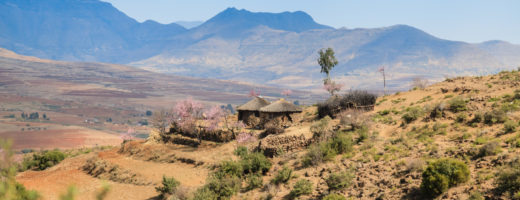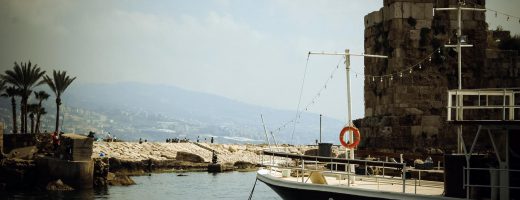If caught by jihadis, Syrian gays may be thrown from rooftops, or ransomed. And many live in fear of their own families. But Lebanon’s not the safe haven they hoped. Reporting from Beirut by Amelie Zaccour Two young men we’ll call Karim and Tareq were walking through the streets of Raqqa, Syria, in September
Following the collapse of the Ottoman Empire after World War I, the five provinces that comprise present-day Lebanon were mandated to France. The country gained independence in 1943, and French troops withdrew in 1946.
Homosexuality remains a crime in Lebanon, but the country is unusual among Arab-majority nations in that it has a small internal gay rights movement. As a practical matter, enforcement of the law is varied and often occurs through occasional police harassment and arrests. Aside from the criminal law, gay Lebanese civilians have been charged with violating censorship laws regulating free speech and free press. In 2000, the webmaster of gaylebanon.com faced military charges for maintaining a website for gay and lesbian Lebanese. Aside from occasional harassment LGBT citizens gather easily and discreetly.
Also see: Islam and Homosexuality. Also see new lesbian book: Bareed Mista3jil.




